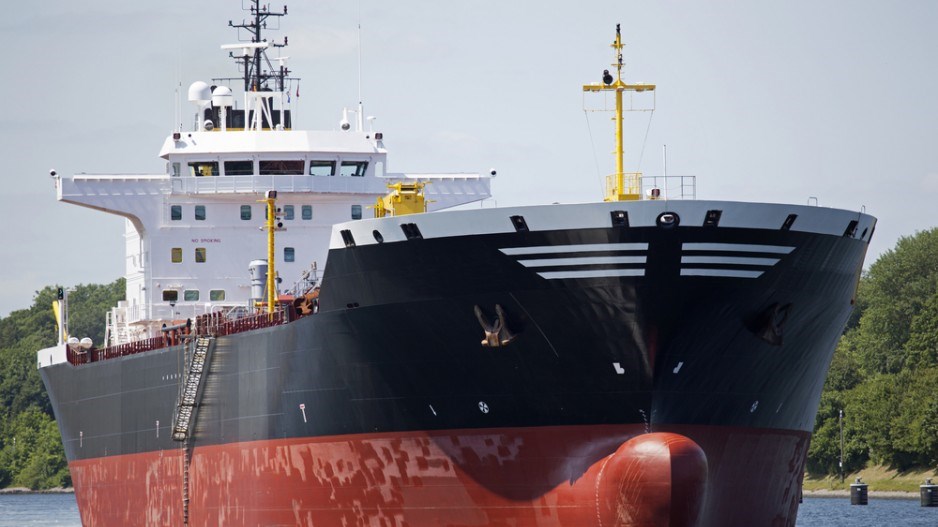Legislation to enact the moratorium, which applies to tanker traffic on B.C.’s north coast, was introduced in Parliament Friday, May 12.
When Prime Minister Justin Trudeau promised the moratorium in the lead-up to the last federal election, it was intended to kill the Northern Gateway pipeline project. It has been seen as a trade-off: kill the more contentious project in order to approve the slightly less contentious Trans Mountain pipeline expansion and Line 3 pipeline.
The moratorium was expected to ban crude oil tankers from Canada’s Pacific North coast.
But the legislation tabled last week may go farther than that, according to CAPP. The legislation bans both crude oil and “persistent oils” which CAPP believes could also include the condensate, which has become the single most important oil product being produced in B.C.’s Monteny formation.
Condensate is a type of lighter oil that is used to dilute the heavier bitumen produced in Alberta’s oil sands.
It may be that most of that condensate would be sold to Alberta anyway. But CAPP fears that the new moratorium now shuts the door to any future exports of condensate, or light oil for that matter – which some oil and gas producers in northeaster B.C. are also now producing.
“Export of emerging light, tight oil resources off the West Coast could be at risk, going beyond the original intent of the federal government when it first announced the moratorium,” CAPP says in a news release.
The area covered by the moratorium covers an area that extends from the Canada-U.S. border with Alaska to the northern tip of Vancouver Island.
“Market access continue to be a significant challenge for Canada’s energy industry and the government of Canada’s decision to introduce a moratorium on crude oil tankers of the B.C. north coast further limits our ability to reach customers in Asia,” said CAPP CEO Tim McMillan.
[email protected]




